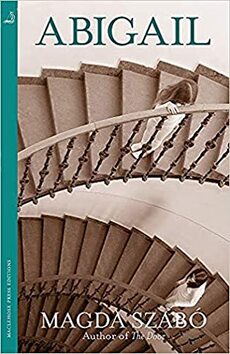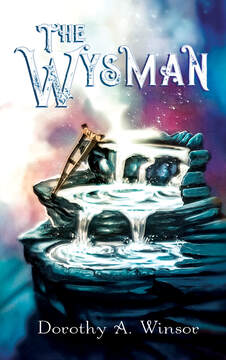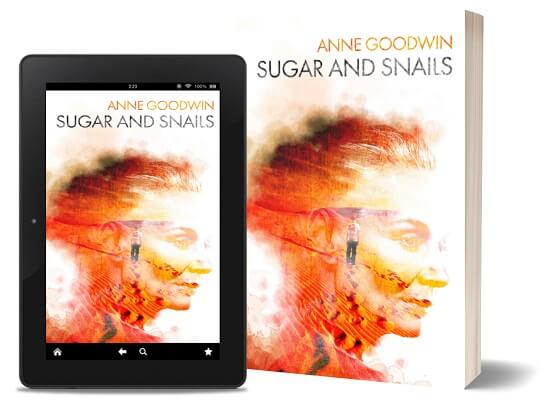Abigail by Magda Szabó translated by Len Rix
Soon Gina is enrolled in an elite, but extremely strict, boarding school in a former fortress cum monastery miles from the capital. Stripped of her possessions, and clad in an unflattering uniform, the culture shock is immense. But the other girls are supportive until, scornful of one of the rituals they’ve developed to cope with the deprivations, she betrays their secret to the teaching staff. Then, while unfailingly polite in public, they behave as if she doesn’t exist.
How can her loving father have abandoned her in such a place? With the school’s director monitoring their weekly phone calls, Gina can’t even ask. It’s only when she tries to run away that, reluctantly, he explains his reasoning and Gina leaves childhood behind.
But while she might have passed her test to mentally transition to adulthood, she’s replaced her L plates only with a provisional P. Although she understands the need to protect herself, when the danger escalates, she’s led astray. Then, help comes from where she least expects it, and Gina must learn another painful lesson about trust and truth.
First published in 1970, Abigail is apparently the most widely read novel among secondary school pupils in Hungary, and I can see why. It’s an effortless read exploring complex feelings, reminding me of Janice Hadlow’s The Other Bennet Sister. Gina is a delightfully flawed character: courageous, confident and willing to learn from her mistakes. But there’s plenty here for adults too, raising questions about dissenting voices during times of national emergency (of course I thought of the current pandemic) and how to keep adolescents safe without locking them up.
Gina’s painful transition to a new school reminded me of the theme of finding your place in my own writing. But Gina also made me realise that my debut novel, Sugar and Snails, about a woman who has kept her past identity a secret for thirty years, is also about an abrupt transition to adulthood. It also made me think of Deborah’s difficult journey in Joanne Greenberg’s I Never Promised You a Rose Garden, set in an American psychiatric hospital in the late 1940s.
In awe of their facility with language, I don’t usually comment on the quality of a translation, but I did wonder about the overuse of ‘four-square’ as an adjective, which irritated me so much I counted the occurrences (six). Although I guessed the identity of the mysterious Abigail who, by way of messages left at a statue, responds to the girls’ dilemmas, it didn’t spoil this lovely story. Thanks to British publishers MacLehose Press for my review copy: one of this year’s favourite reads.
The Wysman by Dorothy A Winsor
The blurb mentions magic, a castle, a king, but you don’t need to be an aficionado of YA fantasy to appreciate this coming-of-age story with a subtly-rendered moral message at its heart. Full disclosure: it comes from my own publisher, Inspired Quill, but I didn’t have to read it. Having enjoyed her previous novel, The Wind Reader, I took the opportunity of buying the paperback before it’s published on 27 June.
With a finely-crafted story, an endearingly flawed central character – and extra points for featuring someone with a disability – and pitch-perfect prose, it’s a lovely novel to escape into for both young readers and … not so young. I’ll leave you with a few tasters to give you the flavour; although taken from near the end of the novel that shouldn’t spoil your read.
I closed my eyes and drew a deep breath because with her words I knew I needed company in the dark too. Maybe we all did. (p238)
Some last bit of childhood broke in my chest. (p253-4)
… her nightgown gaped. I tried not to look, but my foot was the only broken part of me. The rest worked fine. (p278)
I hope that’s whetted your appetites!

























 RSS Feed
RSS Feed





















